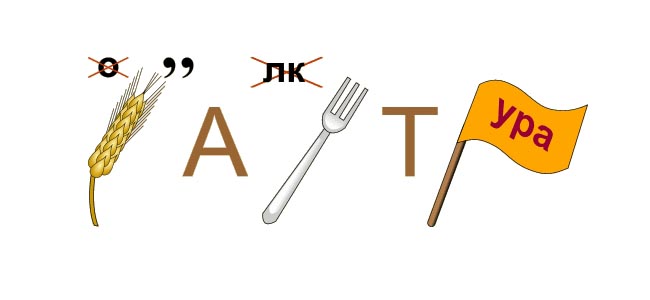08
янв
Rebus Azasha Zhauabimen
Posted:adminRabbi Meshulam Zusha of Hanipol or Meshulum Zusil of Anipoli (1718–1800), Reb Zusha, Reb Zushe, The Rebbe Reb Zusha (sometimes spelled Zusil, Zoussia, Zušya, Zushya, Zushia, Zisha of Anipoli) was an Orthodox rabbi and an early Hasidic luminary and well-known tzaddik.He was one of the great Hassidic Rebbes of the third generation and member of the academy circle of the Maggid of Mezeritch. Azabu Ponsonby combines Peruvian Japanese Nikkei flavours with more Tokyo-style dishes in a dining room that’s just as lively. Hidden away out the back, off Maidstone Lane, is Roji.

Contents • • • • • Biography [ ] Rabbi Zusha was the brother of Rebbe; Rabbi Elimelech was the elder by about 5 years. Both of them were born in the city of (), to Reb Eliezer Lipa(e), who was the son of the great Torah scholar Rabbi Elimelech (whom Rebbe Elimelech was named after). Rabbi Meshulam Zusha was named after his mother's father, also a great Torah scholar. Both Rabbi Zusha of Hanipol and Rabbi became prominent disciples of the holy, part of his inner circle of students, known as the Chevraya Kadisha ('Holy Brotherhood'), together with other great tzaddikim such as Rabbi, Rabbi, Rabbi of,, Rabbi, and Rabbi. Rabbi Zusha was known for his deep emotional approach towards prayer and his great piety. He was one of the two rabbis, together with Reb Leib HaKohen, with whom Rabbi consulted with before printing the in 1797.
Both gave their approval. [ ] Rabbi Zusha did not write any books, but his teachings were collected in the Menorat Zahav, based on the memories of his students. He was buried beside his master and teacher, the, in Hanipol.
He was succeeded by his son Rabbi Tzvi Menachem Mendel. Stories about Rabbi Zusha of Hanipol [ ] Before Rabbi Zusha and his brother Rabbi Elimelech were born, their parents were childless for 10 years. Both their parents descended from Torah scholars, but because they became orphans at a very early age, both remained unlearned, simple but God-fearing Jews.
The father was a water-carrier. Although he could have become a merchant, he preferred to live by the toil of his own hands. At first he had some rich customers, but then he exchanged them with another water-carrier in order to be able to supply the local synagogues with water. This meant a financial loss for him and he became poor. But as a reward for his good deed God blessed Reb Eliezer Lippa and his wife, who always readily supported her husband, with two sons, later to become great. At first the children were physically weak, and although Reb Eliezer Lippa and his wife hired the best Torah teachers to teach them, they weren't making much progress. That grieved the parents, so they increased their prayers to God, often fasted and gave their meals to poor people as.
God answered their sincere prayers and when the boys expressed their desire to go to a to continue their studies, they readily agreed. After their parents sent their sons to a yeshiva in another city, they took two poor Torah-students from Tarnow in their house in order to take care of them and support their studies. Reb Eliezer continued to earn his living as a water-carrier. Dil to pagal hai full movie. One Friday he found a fish by the river and brought it home and as his wife was preparing the fish to be eaten on Shabbat, she found a precious stone in its stomach.
She and her husband, knowing about a similar story which occurred centuries earlier with a Jew in France named Yitzhak, later to become the father of, they were upset that this could be a test from Heaven and decided not to change their live-style, to sell the stone (after consulting the local Rabbi in order to be sure that they are permitted according to Halakha to keep the stone) and to distribute the money for, thus remaining poor. Soon good news came - their older son, Rabbi Elimelech had married the daughter of a wealthy man, who was ready to support his Torah study and both Rabbi Elimelech and Rabbi Zusha were making great progress and had become scholars. Strange enough afterwards Reb Eliezer Lippa found another treasure by the river, but once again he and his wife decided to give the gold coins he found as a Tzedakah. Some time later a wealthy relative of Reb Eliezer died and Reb Eliezer and his wife inherited his estate thus becoming wealthy themselves. By this time their sons had become both prominent Tzaddikim and great scholars. Reb Eliezer Lippa and his wife lived many long and happy years continuing to support poor Jews and Torah scholars until the end of their days. Various stories are being told about the long journeys of the two brothers Rabbi Zusha and Rabbi Elimelech.
